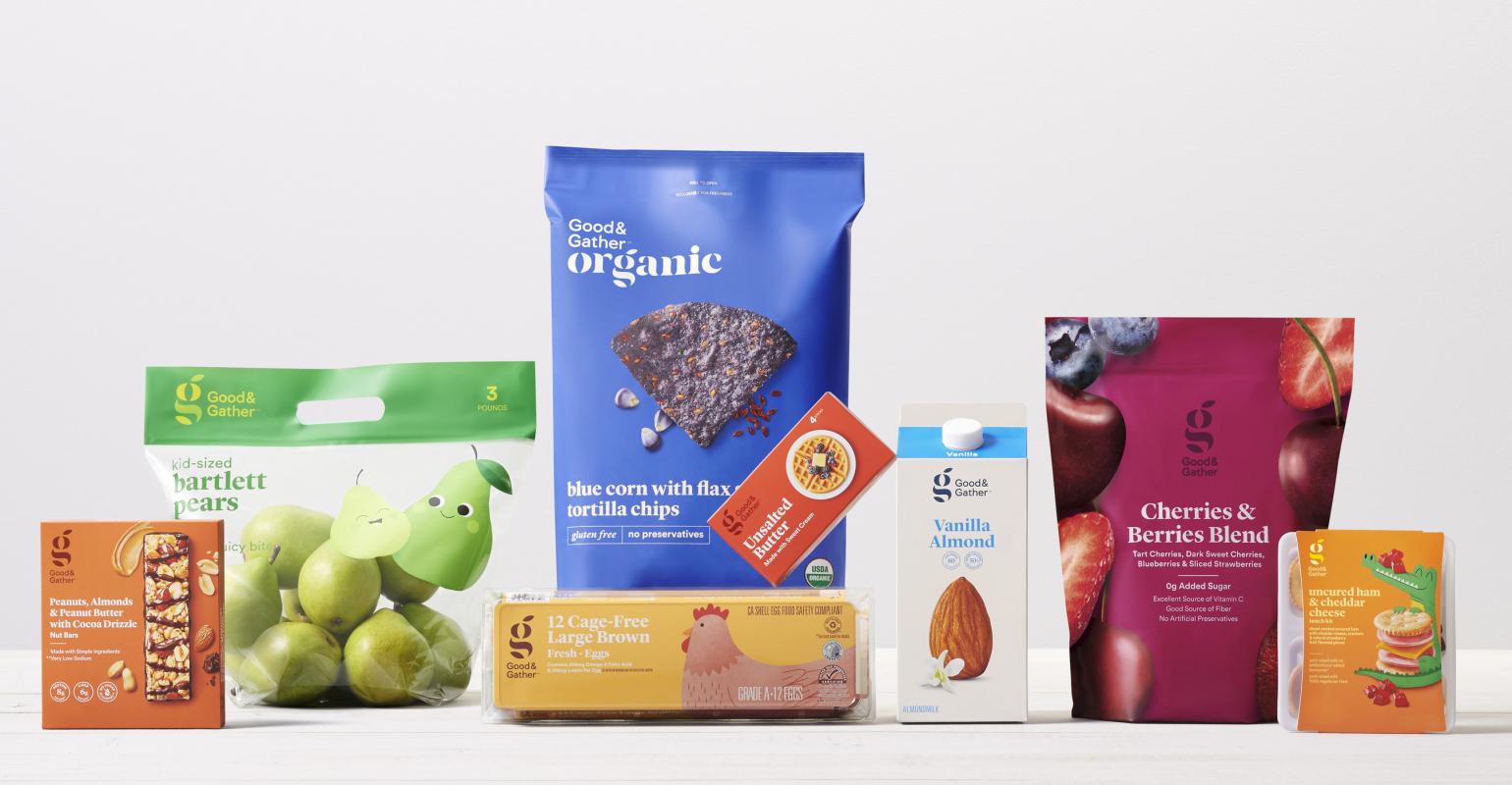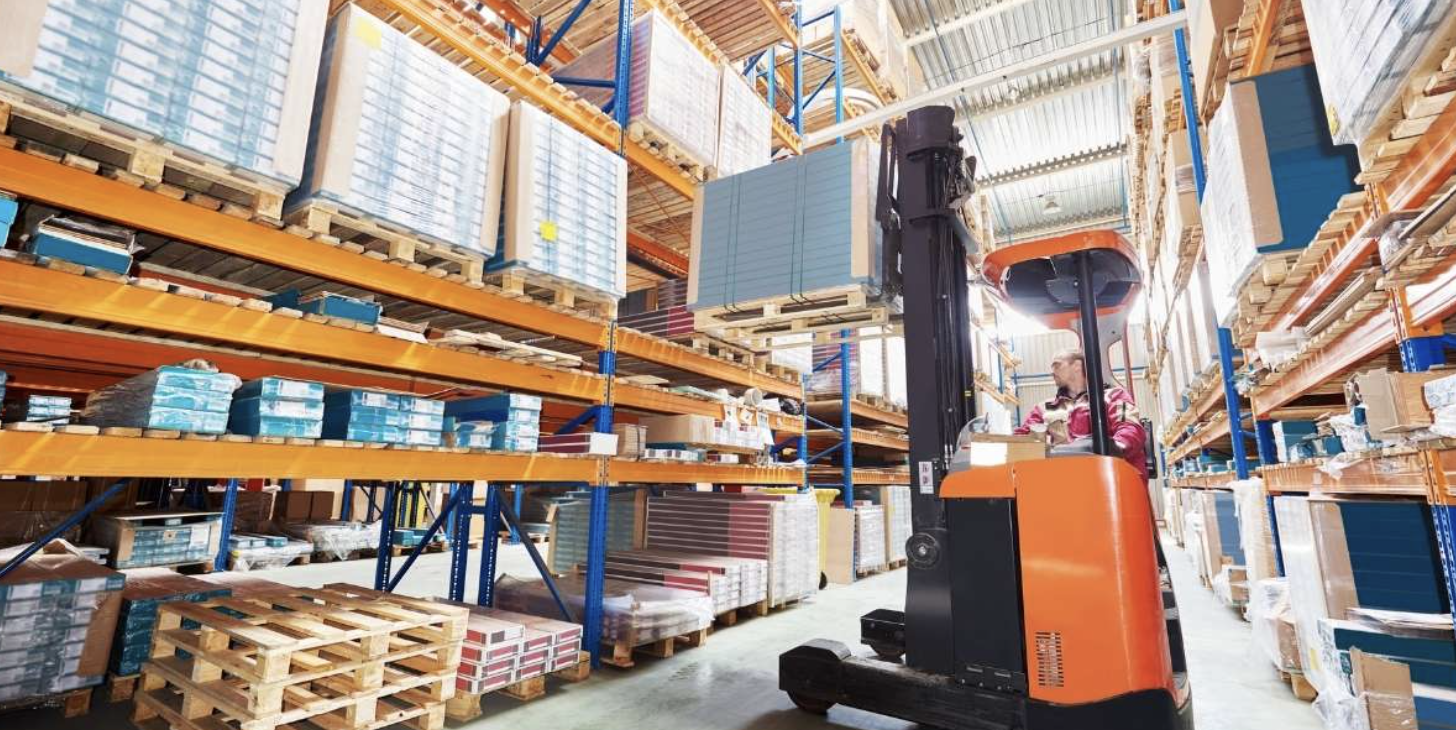This month we sat down with John Hilbelink from Parallel Retail Group to pick his brain about private label merchandising. Over the last few years, we have seen major retailers like Costco, Best Buy, Target, and even Amazon market their private label brands! John was kind to take a few minutes out of his busy day to chat with us.
I see on Linkedin you had 14+ years of merchandising experience at Target before joining Parallel Retail Group. What did you enjoy most working at Target?
The best thing about Target, is the people. I had the opportunity to work on several teams and for many incredible leaders. I often think back on the experiences I was given, and what I learned from my teammates and leaders along the way. My leaders invested in my development, entrusted me with challenging assignments, and were advocates for larger and more challenging assignments. I am thankful for the role they played in my personal and career growth. I also gained many friendships that have lasted beyond the Target years.
One highlight was my final assignment with Target, where I was stationed in Bangalore for nearly two years, leading the Target India Merchandising Team. The business and cultural learning curve was steep. I really thought about my communication to a large team and how my message could be interpreted, I found new ways to build connection and trust (e.g. play cricket with my team), and I learned to be comfortable with the uncomfortable. The pinnacle of being outside of my comfort zone, was performing an Indian dance in front 2500 at Target India’s Annual Day. I still remember dancing and doing my best not to look at the front row of people, which included my wife, and Target Executives from Minneapolis. I had to remain focused on my moves! I was often outside of my comfort zone, but this stretched me, and I grew more during this assignment, than any assignment in my career. My wife (Jeanna) and I took many weekend getaways which we will never forget. If anyone needs a recommendation for an Asian vacation, reach out!
I have been with Parallel for over 5 years, and just like Target, my favorite part is the people.
Like many retailers, Target has their own private label brands (called owned brands). Can you tell us why it was important for Target to have an owned brand strategy, and were National Brands threaten by this strategic move?
“Owned brand” is Target’s key pillar to stand for differentiation, drive profit, build loyalty, and ultimately control their own destiny. I believe Target is better than any retailer at creating, building, and managing such a broad portfolio of diverse brands. Owned brands have been important to Target for decades, but I feel the importance has been highly elevated during a few key times since the mid-2000s.
Target was adding 100+ stores a year until the recession, and national brands needed Target. National brands were not supporters of the owned brand initiative, but they did not have a say.
What is the importance of an owned brand strategy, what does it take to do it right, and when might it not be a good idea?
In today’s world, retailers need to have a point of difference, a clear reason for their existence, and a clear spot where they “win”. If not, there is the potential to not exist. For many retailers, their owned brand(s) identify their position in the marketplace and in the mind of the consumer, and it is why many companies still exist and are thriving in today’s market. Just think if Pottery Barn, West Elm, Room & Board, Crate & Barrel and Restoration Hardware, all sold the same national branded furniture rather than developing their owned brand with unique style? Would any of them still exist today? Probably not. To reinforce this point, consumers have fallen in love with Trader Joe’s and Costco, because of their points of difference, which include a key own brand.
If a retailer is planning to enter the owned brand game, the retailer needs to be “all in”. There needs to be substantial investment to build, steward and grow a brand. When a retailer falls short on one element (strategy, team, factory partnerships, process, tools, technology, marketing, packaging, quality, safety, design, responsible sourcing, merchandising space, etc), the brand could fail and the company’s reputation could be at risk. Also, the commitment for driving owned brands, needs complete buy-in and measurements from CEO down. A key reason for CEO level buy-in, is that investing in owned brands is a long-term play, and the financials and overall investment will not make sense early on in a brand’s lifecycle. If a company is not “all in”, then an owned brand should not be considered, as it can do more harm than good. What if the product is not responsibly sourced? What if the appliance starts a fire? What if the spinach has e coli? What if child testing was not performed and something happens? Now only the retailer is to blame, trust will be broken, and it will be costly. An alternative option could be to have a national brand develop an exclusive brand and manage that program.
Additionally, each retailer needs to be honest with where an owned brand will have credibility with the consumer. Often this means entering a category where brand importance is lower on decision tree (e.g. price could be more important factor). Brand is very important with high tech categories (TVs, wearables, smart home). Best Buy and Amazon have been successful in higher tech categories, but they are the outliers. It is an expensive endeavor to build and steward a brand, so a retailer needs to be very thoughtful about where to start, and holistic resources necessary to drive the brand over a long period of time. Pulling back even one lever can end a brand.
At Parallel Retail Group, your team manages several private label programs at Target. What product categories does your team manage in the private label space at Target? How does your firm provide value to the private label merchants at Target?
We have teams built for owned brands, teams built for emerging and national brands, and we have a separate entity, which is built specifically for Amazon.
One of our key focuses, is to be great at owned brand manufacturer representation. We view this as a capability, and we have built teams, tools, and processes to successfully represent our clients. We have several parallel team members who have managed owned brands inside Target, which has led to experience and knowledge that cannot be taught. Also, every parallel Account Manager, and our Director, understands how to manage an owned brand business, so we have appropriate knowledge and redundancy. Much of our work is in the Home Pyramid and Essential Pyramid, although Target’s model is fairly consistent across the company, so our value is realized regardless of product type.
We become an extension of the vendor’s team. We have in depth knowledge of the innerworkings of and the owned brand model and this can be the difference in getting business or not getting business. We help lead the way with strategy and design alignment, product development guidance, project management, vendor and item set up, systems entry and management, inventory planning, in season management, ongoing communication and relationship management. In some cases, we collaborate with up to ten cross-functional Target team members just to develop one owned brand item. It is complicated, and Target expects efficiency and proficiency.
If a manufacturer was interested in a private label program with a retailer, how would they go about this process to be considered?
Target has been at the owned brand game for a long time. In my opinion, they have the industry’s leading owned brand organizational model which crosses Merchandising, Sourcing, Marketing and Design. When working with a potential manufacturer, we spend a lot of time assessing the manufacturer’s capabilities, readiness, and fitment with Target. We are careful to align with manufacturers that fill an important role and gap in the vendor matrix.
Here are a handful of the questions we ask:
- What are Target’s priorities and how does this vendor/factory align to the priorities (product white space, costing leadership, sustainability, speed to market, supply chain efficiencies, etc)?
- What does this vendor/factory bring that is different? Will it be appreciated by Target?
- What is their history with owned brand manufacturing?
- What certifications does the factory hold?
- What is the vendor partner’s current owned brand experience?
- Do they have the team, tools, and processes in place to run an owned brand business with Target?
- How does their audit look? Have they had a recent responsible sourcing audit? Do we think they can pass Target’s requirements?
While your private label product lines do not currently work with Retailbound, your company does share a couple of national brand clients with them. Why do you think your firm works well with Retailbound?
Retailbound is great at finding early stage brands and helping them build the foundation to sell into retail. We compliment Retailbound by being their extension, as we represent manufacturers and brands at Target, Best Buy, and Menards. We value the partnership and look forward to the continued success in bringing emerging brands to market!



